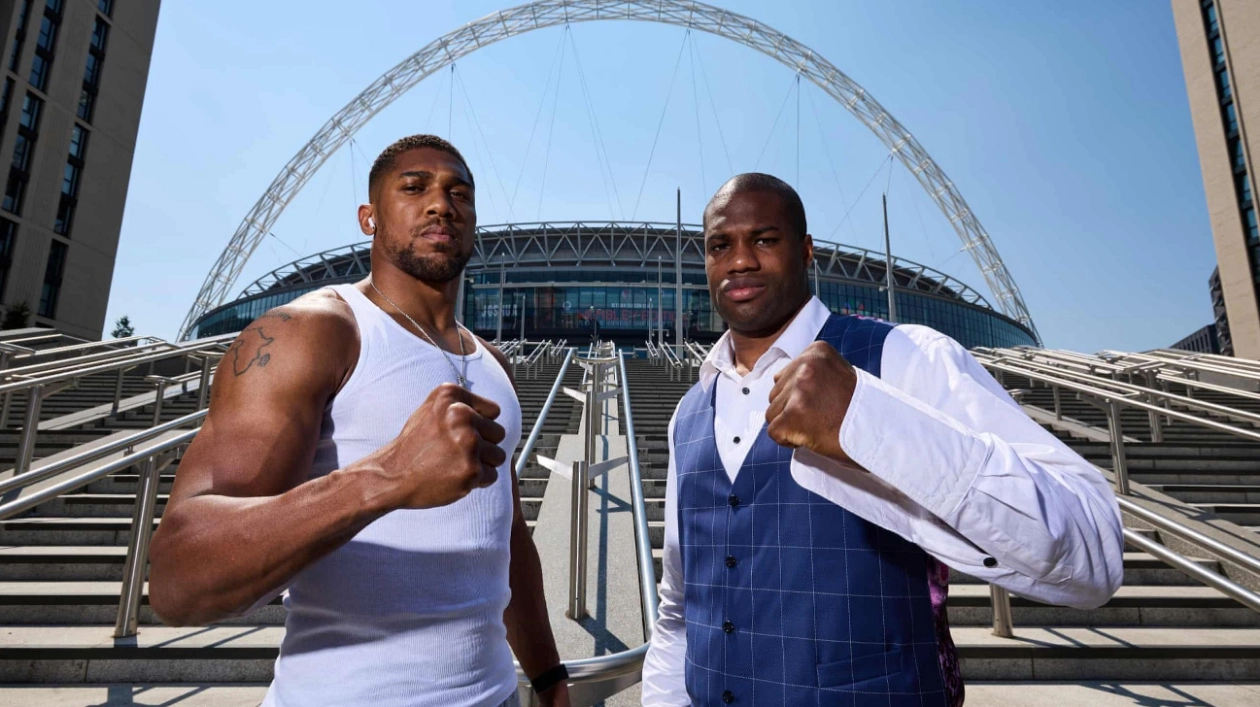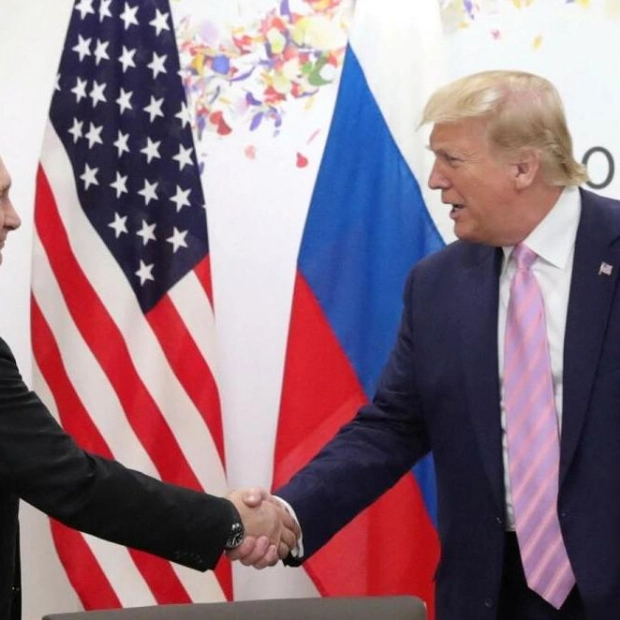This Saturday, Anthony Joshua and Daniel Dubois will face off in the ring at Wembley Stadium, with over 90,000 fans expected to be in attendance. This is a high-quality match-up between two skilled fighters. However, once again, boxing's decision-makers have prioritized short-term profits over the long-term health of the sport by promoting Joshua-Dubois as a fight for the heavyweight championship of the world. This is not the case. The true heavyweight champion is Oleksandr Usyk, who earned this title by defeating Joshua twice, knocking out Dubois, and securing a split decision against Tyson Fury in a unification bout held in May. The unification of the four major sanctioning body belts is the most significant achievement in boxing under the direction of Turki Alalshikh, the head of Saudi Arabia's General Entertainment Authority. Yet, in an effort to boost positive branding in the United Kingdom and promote a 'Riyadh Season' event without incurring substantial losses, the Saudis, along with promoters Eddie Hearn and Frank Warren, are fragmenting the heavyweight title once more.
There are four major sanctioning bodies in boxing: the World Boxing Council, World Boxing Association, World Boxing Organization, and International Boxing Federation. In this scenario, Usyk has lost the IBF belt due to his contractual obligation to face Fury in a rematch in December, rather than fighting a less deserving 'mandatory challenger' whom he has already defeated. The mandatory challenger is an opponent that a champion must face or vacate their title. This concept originated from an era when boxing had eight weight classes with one champion each, leading to abuses. 'It used to be that a fighter earned a title shot by defeating the best competitors,' explains boxing historian Mike Silver. 'But the system didn't always work, especially for Black fighters. Charley Burley never got a title shot. Archie Moore waited years and had to sign with [manager] Jack Kearns before he got an opportunity.'
Silver further explains that in the 1930s, state athletic commissions formed the National Boxing Association, which later included 43 state commissions, excluding New York. When Mickey Walker relinquished the middleweight title to compete as a heavyweight, the NBA organized a tournament to determine a successor and introduced a sanctioning fee for championship fights, initially set at one dollar. The NBA also implemented a mandatory challenger system, stripping titles from fighters like Sugar Ray Robinson. Despite its flaws, the NBA provided a semblance of fairness. However, in the early 1960s, the NBA evolved into the World Boxing Association, and sanctioning body politics took over.
Today, world sanctioning bodies are primarily driven by profit for the private interests that control them. Promoters support these organizations by attending sanctioning-body conventions, purchasing advertisements, and paying sanctioning fees for fights, which constitute the primary source of income for these bodies. Fighters also pay fees to compete for regional belts, which help them advance to 'elimination bouts' and 'box-offs,' eventually becoming a mandatory challenger. Without this designation, many of these fees would vanish, and market forces, including fan preferences, would dictate who champions face. Mandatory defenses, or the refusal to participate in them, can significantly impact a fighter's career. For instance, in 1978, the World Boxing Council stripped Leon Spinks of his title and declared Ken Norton the 'heavyweight champion of the world' after Spinks opted to rematch Muhammad Ali.
Dubois' path to becoming the IBF's mandatory challenger was circuitous. He suffered his first loss in 2020 at age 23 when he chose not to continue against Joe Joyce due to a fractured left eye socket. More controversially, in a title fight against Usyk last year, Dubois took a knee and quit after trailing on the judges' scorecards in round nine. Following his loss to Usyk, Dubois defeated a significantly out-of-shape Jarrell Miller in Riyadh in 10 rounds. On June 1 of this year, he fought Filip Hrgovic, the IBF's then-mandatory challenger, also in Riyadh, knocking him out in the eighth round. This made Dubois the IBF's new mandatory challenger. Despite holding this position for only a few weeks, the IBF demanded that Usyk face Dubois again in his next fight, which Usyk couldn't fulfill due to his contractual rematch with Fury. Consequently, on June 25, Usyk relinquished the IBF belt.
Alalshikh could have intervened to prevent Usyk from losing the IBF title. However, most boxing powers are currently aligning with Saudi money. Alalshikh could have stated, 'In the future, the General Entertainment Authority won't deal with any sanctioning body, promoter, or fighter involved in a heavyweight championship fight for the vacant IBF belt.' But promoting Joshua-Dubois as a world championship fight aligns with the Saudis' objectives. Dubois has now been designated as the IBF 'heavyweight champion' without ever winning an IBF championship fight. Technically, Joshua is the 'challenger,' though in reality, he is the main attraction and a 4-to-1 betting favorite. The fight is marketed as a contest for the IBF heavyweight championship of the world, though 'IBF' is often omitted to imply it is for the heavyweight crown.
The winner of Joshua-Dubois is expected to challenge the victor of Usyk-Fury II for the heavyweight throne. However, many factors could alter this plan. Alalshikh recently mentioned that if Joshua wins, he would like to match AJ against Fury next, even if Tyson loses to Usyk again. Meanwhile, the IBF will receive a substantial sanctioning fee from Joshua-Dubois.






